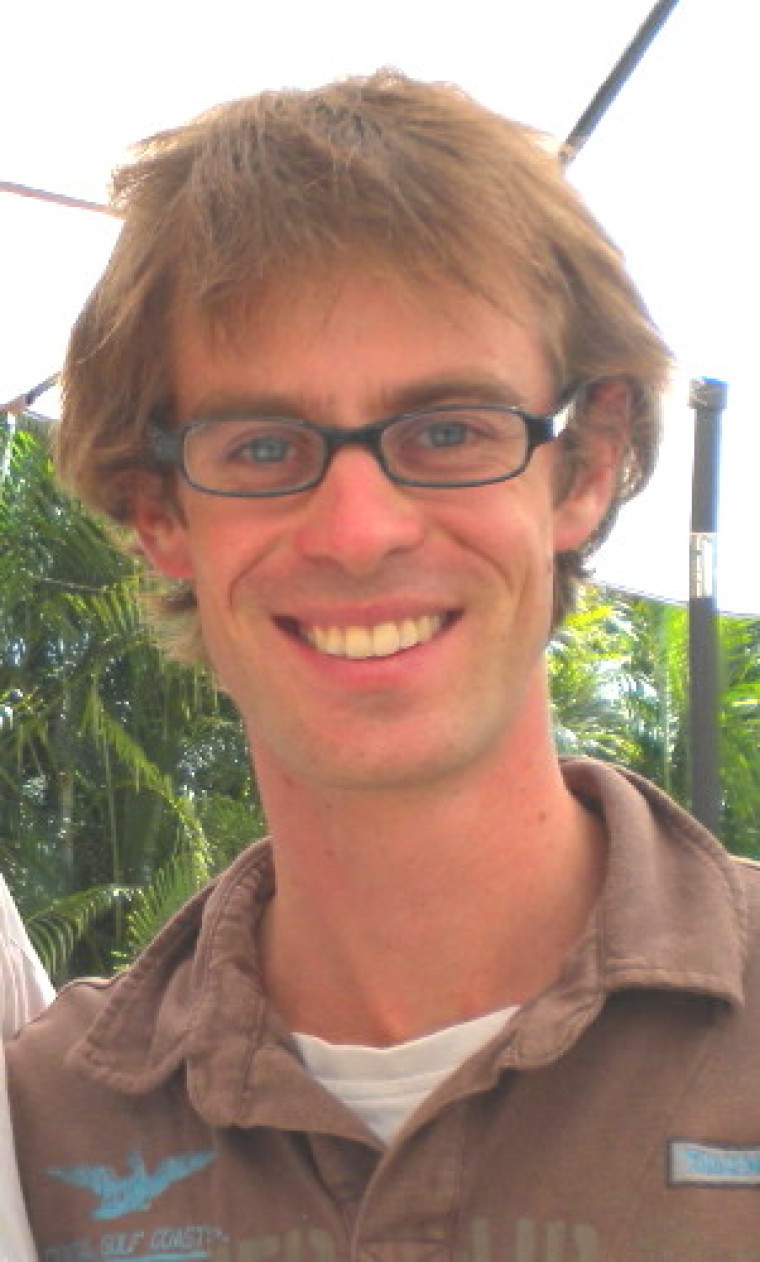
You are verbally and physically abused by your parents and your brother is taught to treat you like a piece of property. You tell some teachers you are not sure how you'll survive the year but they misunderstand your comments and do nothing to help. After finishing high school your parents demand you go to university so you can get a good job and give them your future pay packet.
It's during this time away from home, you realise there is something different in the way you live to that of others and that you have never experienced freedom until now.
This is a survival story I heard recently while completing a week long intensive course on anti-human trafficking in San Francisco. It's been a few days since I completed this course with the movement called 'Not For Sale Campaign'. Previously I wrote an article after my first day of the course and now I want to delve further into the problem and reflect on some of the key points I have taken away from the training.
As a group of 24 students, who are now official investigators, I know we are not able to combat this issue alone. We may "be equipped" to change the world by re-abolishing slavery, but this mainly stems from our awareness of the issue and our desire to share with others what the situation is and how everyone can make a difference.
Although slavery is an ancient practice the movement to re-abolish slavery is relatively new and therefore both public and private sectors, including the media, the government, and the legal domain do not have complete understanding of this issue.
Several of our speakers, from both the legal and rehabilitation sides, shared their encounters with people who have been trafficked. These speakers were open about what they have witnessed but also honest in their assessment of how big they believe this problem is, because of the cases they have been part of.
Besides learning more about what human trafficking is, and the likely extent of the crime around the world we were also given some tools to be part of the solution. The 'Not For Sale Campaign' has a number of methods they are implementing in their action against human trafficking. Following my training I can now have direct involvement with some of these strategies.
One of these strategies is the slavery map. The slavery map is a world map that plots human trafficking cases that have been proven as such. The map can be used for statistical analysis to show people where cases have occurred in the past. For example, in the small town of Weipa, in Far North Queensland, a case of sexual abuse and forced labour was uncovered. With a population of only 3000 people one would hardly suspect this sort of crime but the report says the incident happened within a family from the area.
There are now over 1000 reports on this website of human trafficking cases. If you are interested in looking at this map please visit www.slaverymap.org
Another tool I learnt was smart internet searching. This research can provide authorities with a high probable human trafficking case through a process of documenting and monitoring a 'business' via the internet.
On a bigger scale 'Not For Sale Campaign' has conducted research into some companies and given them a rating in response to the company's policy about human trafficking. This research is first given to the company and then published on the campaign's website. The idea is that as more research is done into other companies and the topic of human trafficking becomes a greater concern for the general public the demand for goods that don't involve slaves in any part of the process will create a swing in the consumer demand to stop forced labour.
The website that gives the rating for current companies that have been researched is www.free2work.org. There is also an application you can freely download for the iPhone or Android that shows the rating for each company. This application will eventually become a barcode scanner so that a buyer can scan a barcode and be given instant information of the rating for that product before it is bought.
These strategies are just a few 'Not For Sale Campaign' are implementing in their action against modern day slavery. Many other organisations are also involved in this fight and the awareness of the issue is developing quickly, but the journey ahead is still a long one.
If you suspect a case of human trafficking please contact the appropriate authorities. In Australia you can contact the Australian Federal Police (AFP) through their online form or via the phone. They have a specific team (the 'Human Trafficking Team') dedicated to fight this cause.
Let's join this fight together, for you can help. First become more aware of what human trafficking is and then become an advocate through your purchases and making your network aware of the problem.